Navigating Consultative Examinations (CEs) for SSA Benefits
Navigating a Social Security disability claim often involves attending a Consultative Examination (CE). Understanding the purpose, process, and strategies for success can make a significant difference in your claim’s outcome.
What is a Consultative Examination (CE)?
A Consultative Examination (CE) is a medical evaluation conducted by an independent provider to help the SSA gather additional information about a claimant’s condition. CEs play a critical role in clarifying medical evidence when existing records are insufficient or inconsistent.
The United States Social Security Administration (SSA) relies heavily on medical evidence to determine eligibility for disability benefits. A CE helps assess the severity of conditions, verify limitations, and ensure decisions are based on accurate information.
Note: It’s important not to confuse Consultative Examinations (CE) with Functional Capacity Evaluations (FCE). Though both are assessments of someone’s abilities to perform tasks, FCEs are specifically designed to evaluate work capacity.
The Role of a Representative
Having a knowledgeable representative can significantly enhance your chances of a favorable outcome during the Consultative Examination process.
How Can a Representative Help?
- Advocacy: Representatives can communicate with the SSA to ensure the CE process is fair and unbiased.
- Medical Evidence Preparation: They help gather, organize, and submit additional documentation to supplement the CE.
- Interpretation: Representatives can help interpret complex medical terms and translate them into clear arguments that align with SSA requirements.
Addressing Bias in CE Reports
A bias in a consultative examination occurs when a doctor assesses an individual for a Social Security disability claim but tends to minimize the person’s limitations. This bias can compromise the fairness of the disability evaluation process.
How Bias Manifests
- Inaccurate Observations: Examiners may downplay symptoms or make assumptions without full context.
- Lack of Specialization: A general practitioner might misinterpret complex or rare conditions.
- Template Reports: Examiners sometimes use generic templates that fail to reflect a claimant’s unique situation.
Mitigating Bias
- Provide Detailed Records: Bring comprehensive and up-to-date medical documentation to counter inaccuracies.
- Request a Second Opinion: If the CE report is unfavorable, submit evidence from your treating physician.
- Choose an Experienced Representative: A skilled advocate may be able to challenge biased reports effectively.
Preparing for Psychological CEs
Psychological CEs are critical for claimants with mental health conditions, as they provide insight into how symptoms impact daily functioning.
3 Tips for Success in your Psychological Consultative Exam
- Relaxation Techniques: Practice breathing exercises or mindfulness to reduce anxiety before the examination.
- Honesty: Be truthful about your symptoms, challenges, and limitations. Exaggerating or downplaying symptoms can hurt your claim.
- Bring a Support Person: If allowed, having a trusted individual present can provide comfort and clarity.
Importance of Preparation
Being well-prepared ensures that the examiner has a complete understanding of your mental health challenges, improving the likelihood of a fair assessment.
Common CE Mistakes
Avoiding common errors can maximize the effectiveness of your CE.
Mistakes to Watch Out For
- Lack of Documentation: Failing to bring medical records, medication lists, or treatment history.
- Unpreparedness: Being unready to answer questions about daily activities and limitations.
- Missed Appointments: Not attending the CE without a valid reason can lead to claim denial.
How to Avoid Mistakes
- Plan Ahead: Gather all necessary documents and confirm your appointment.
- Be Clear and Honest: Accurately describe how your condition affects your life.
- Review Tips with Your Representative: Ensure you understand the process and expectations.
Understanding the Consultative Examination (CE) Process
The CE process involves several steps that are critical to the SSA’s disability determination.
From Appointment to Decision
- Scheduling: The SSA selects a qualified examiner and sends details of the CE appointment.
- Examination: Depending on your condition, the CE may include physical exams, diagnostic tests, or psychological assessments.
- Report Submission: The examiner submits their findings to the SSA for evaluation.
Follow-Up Examinations
If the initial CE does not provide enough clarity, the SSA may schedule follow-up evaluations.
For further assistance, you can always rely on our team of experts at Trajector Disability! We are here to help you understand your potential benefits and guide you through your journey!
Take Action Now: Contact us today for a FREE consultation.
FAQs
What is a Consultative Examination (CE)?
A CE is a medical exam ordered by the SSA to obtain additional evidence about a claimant's condition.
Can I bring someone with me to a CE?
Yes, you may bring a support person for comfort during the examination.
What if I disagree with the CE report?
You can challenge the report by providing additional evidence or requesting a second opinion.


